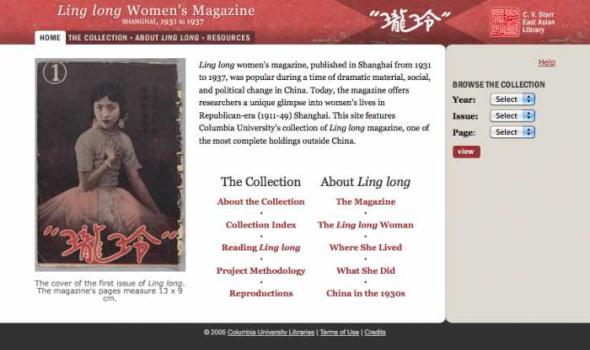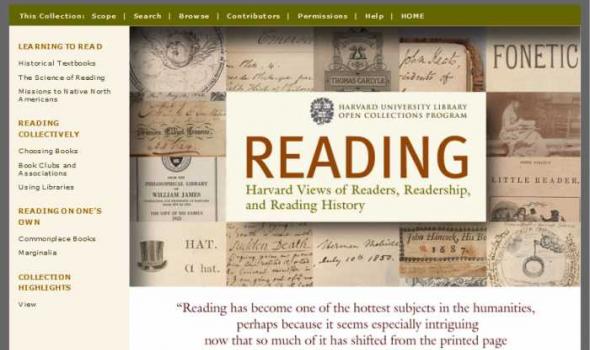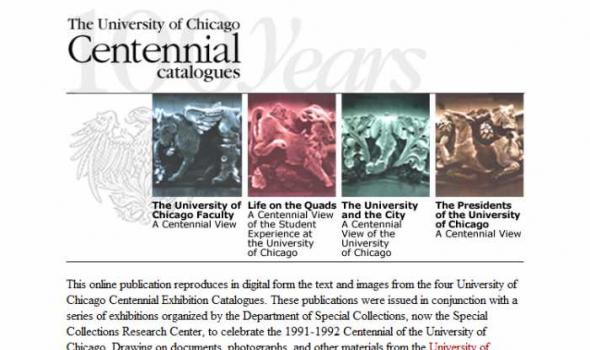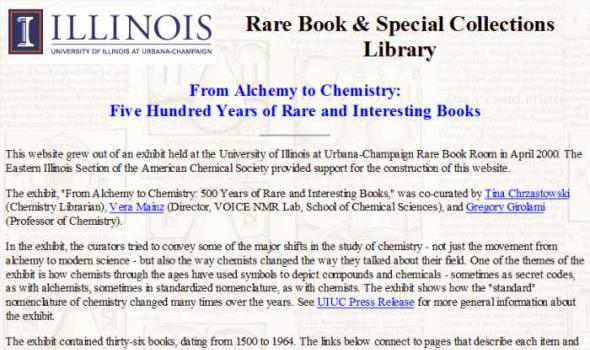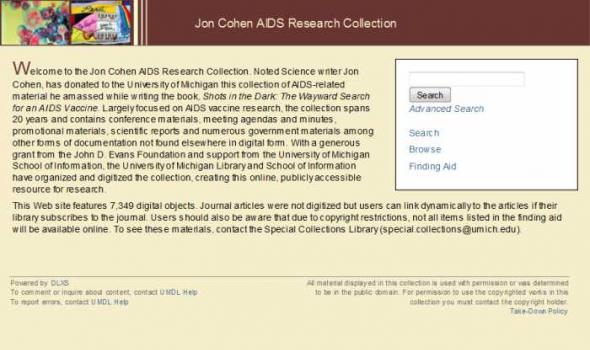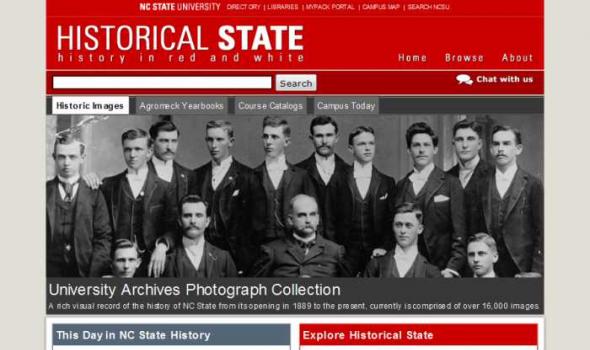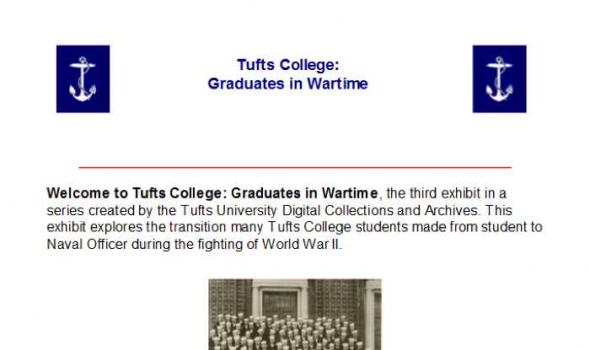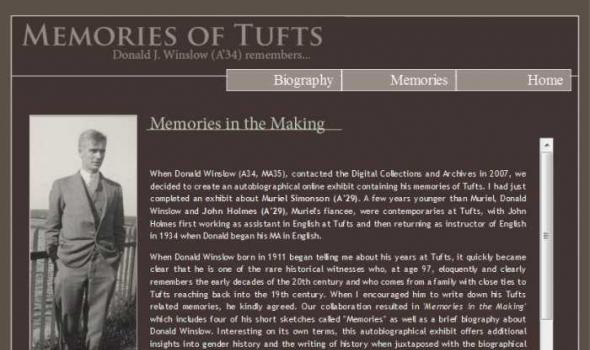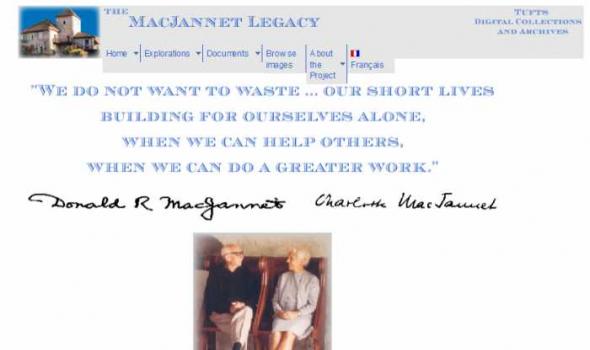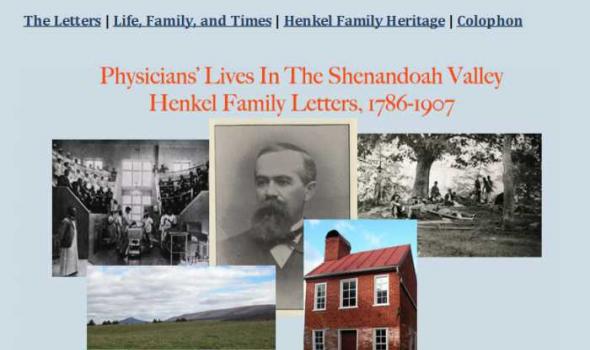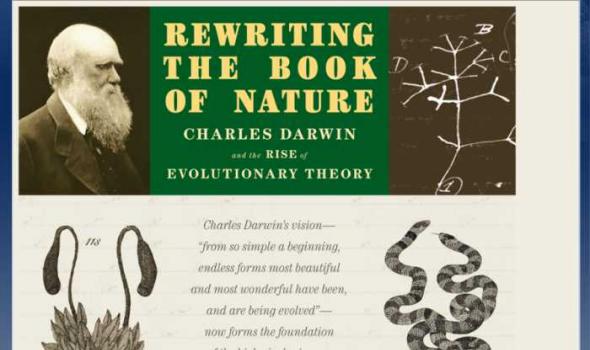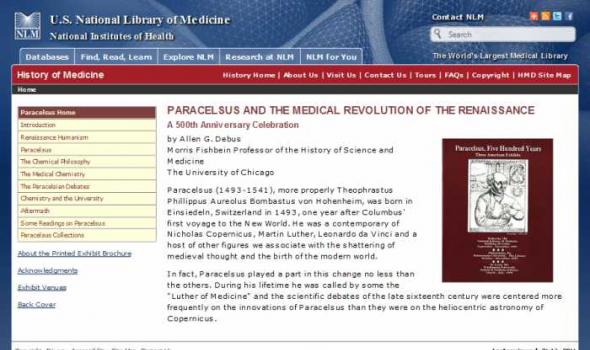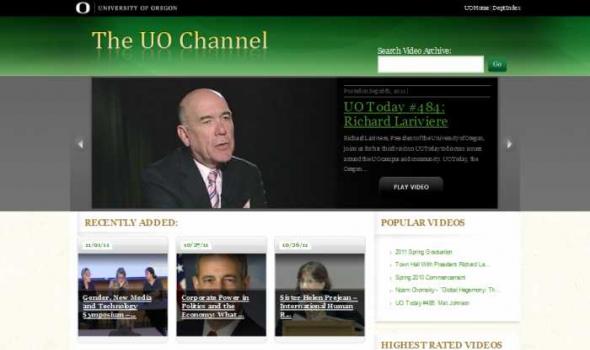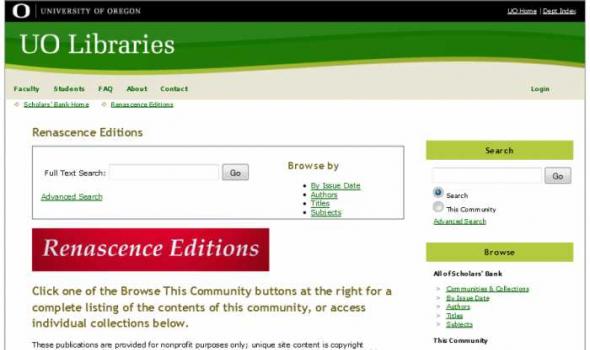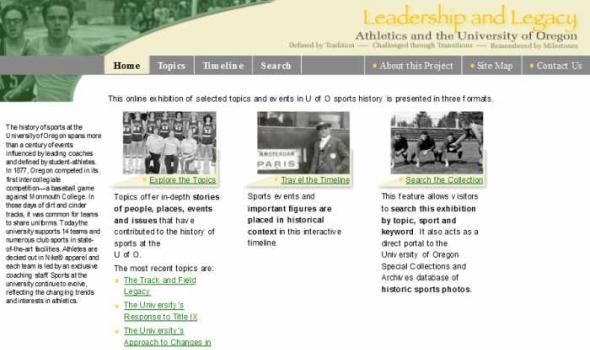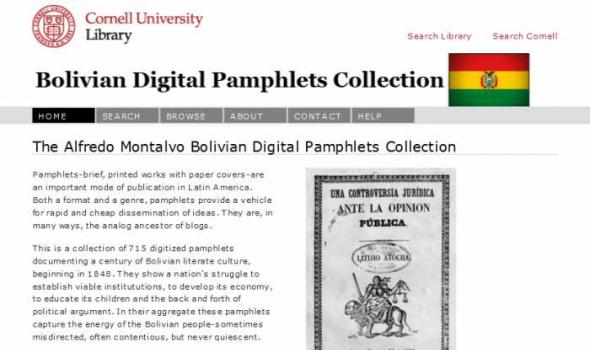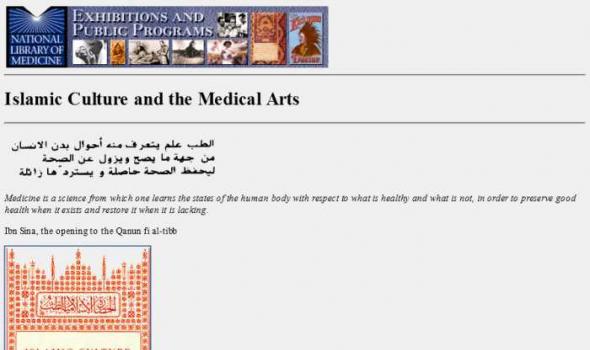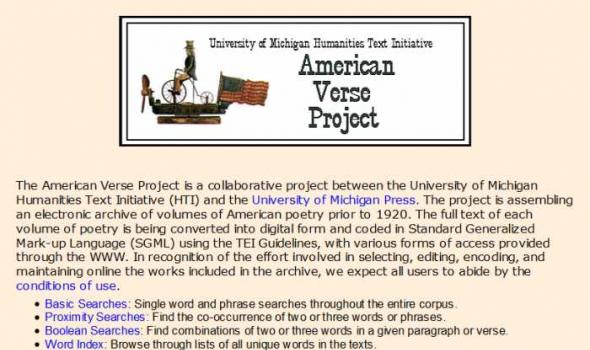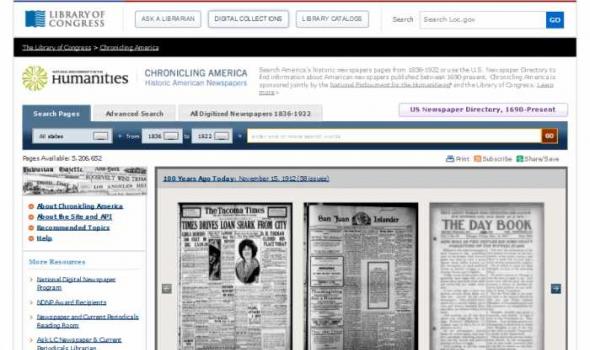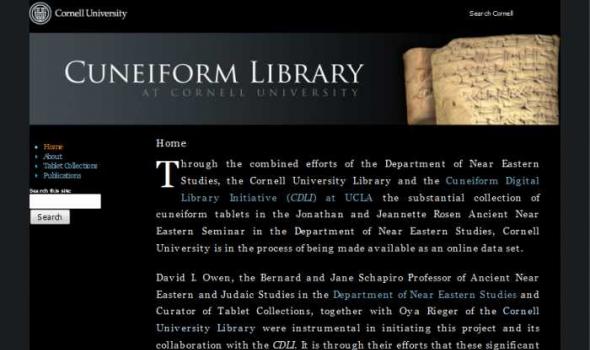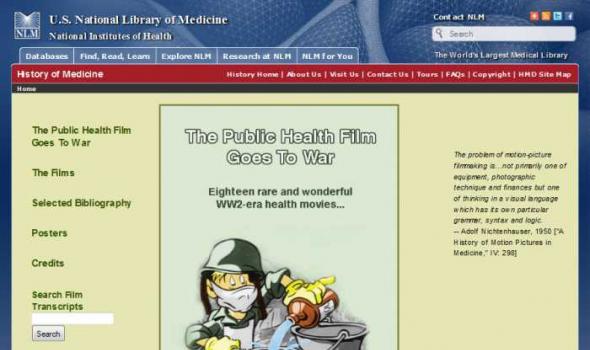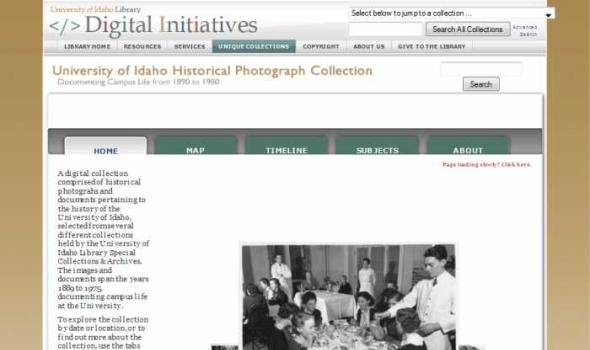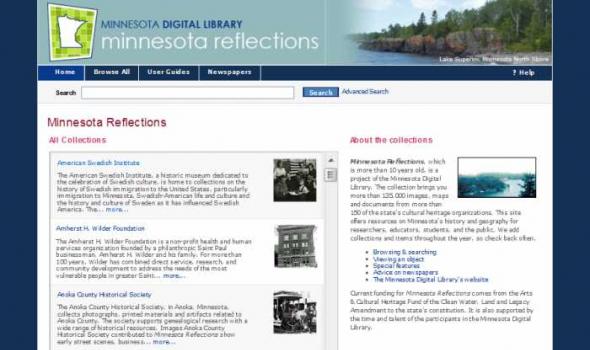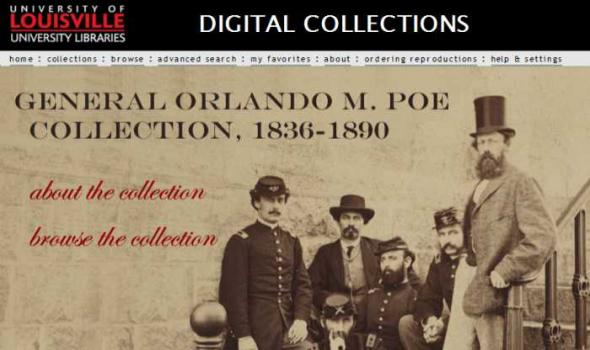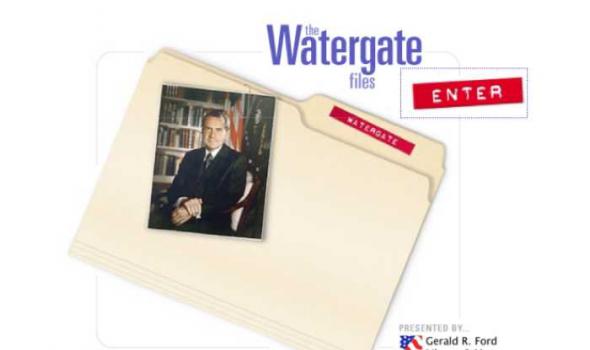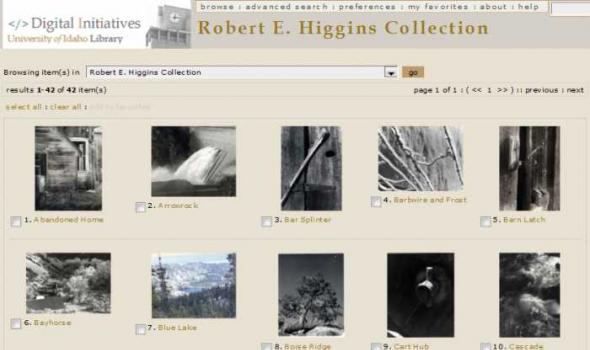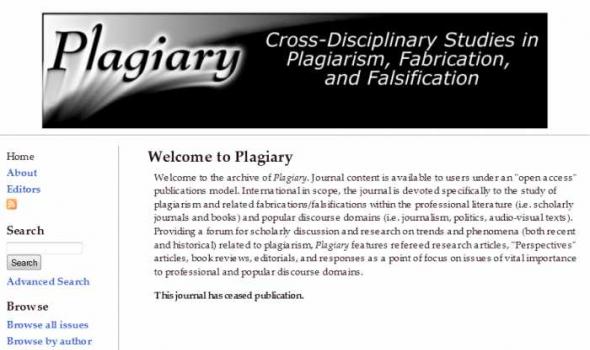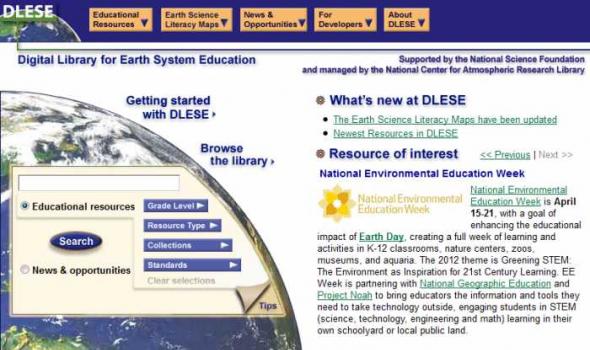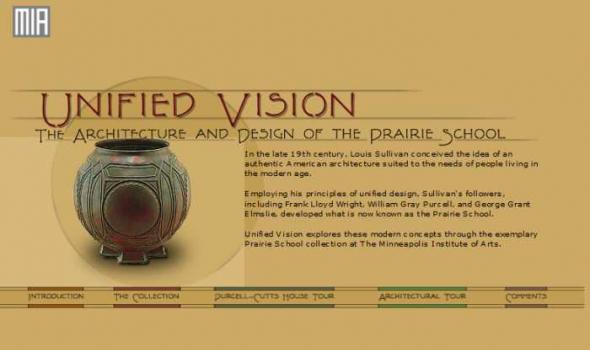Education
About the Collection The C. V. Starr East Asian Library's run of Ling long women's magazine is one of the most complete outside China, acquired, we believe, in the late 1930s or early 1940s as part of a concerted effort to enlarge Columbia University's Chinese-language holdings. The collection expanded dramatically in the years between 1938 and 1941 when the holdings more than doubled, thanks to a special grant from the Rockefeller Foundation.
Reading: Harvard Views of Readers, Readership, and Reading History is an online exploration of the intellectual, cultural, and political history of reading as reflected in the historical holdings of the Harvard Libraries. For Internet users worldwide, Reading provides unparalleled digital access to a significant selection of unique source materials: For researchers, teachers, and students who may not have ready access to extensive historical collections, Reading provides an inspired opportunity to participate more fully in this rapidly expanding research area.
This online publication reproduces in digital form the text and images from the four University of Chicago Centennial Exhibition Catalogues. These publications were issued in conjunction with a series of exhibitions organized by the Department of Special Collections, now the Special Collections Research Center, to celebrate the 1991-1992 Centennial of the University of Chicago.
W ELCOME to the Hidden History of the Berkeley Campus, a project of the Gay Bears! Collection in The University Archives. This site gathers together information about the history of sexual minorities at Cal -- students, faculty, staff and visitors. It is designed as a gateway for further exploration into one aspect of the long and fascinating story of the University of California, Berkeley. You may browse the content on this site by: Dates Places People and Events Questions, comments and feedback regarding this website are welcome. Please contact us at the Gay Bears! Collection . Unless otherwise specified, all contents copyright the Regents of the University of California. Links to other sites of related interest:
From Alchemy to Chemistry: Five Hundred Years of Rare and Interesting Books This website grew out of an exhibit held at the University of Illinois at Urbana-Champaign Rare Book Room in April 2000. The Eastern Illinois Section of the American Chemical Society provided support for the construction of this website. The exhibit, "From Alchemy to Chemistry: 500 Years of Rare and Interesting Books," was co-curated by Tina Chrzastowski (Chemistry Librarian), Vera Mainz (Director, VOICE NMR Lab, School of Chemical Sciences), and Gregory Girolami (Professor of Chemistry).
Philosophy of the Journal In a climate of high subscription charges often levied by commercial publishers and learned societies alike, ARKIVOC was launched in 2000 as a journal with a very different philosophy: it was designed for universal on-demand distribution at no cost to authors (no page charges or other fees), or readers (no access or downloading charges). Many of the standard publishing procedures are used in ARKIVOC, but a major difference is that the "Control Board" which runs the journal is unpaid. ARKIVOC also has a very large Editorial Board of Referees, currently with close to 1,000 members. ARKIVOC is unique from most such boards in that about half our members come from outside Western Europe, North America and Japan.
aking of America (MOA) represents a major collaborative endeavor to preserve and make accessible through digital technology a significant body of primary sources related to development of the U.S. infrastructure. With funding from the Andrew W. Mellon Foundation , MOA seeks to involve research institutions and national consortia to develop common protocols and consensus for the selection, conversion, storage, retrieval, and use of digitized materials on a large, distributed scale. The initial phase of the project, begun in the fall of 1995, focused on developing a collaborative effort between the University of Michigan and Cornell University .
Jon Cohen AIDS Research Collection Welcome to the Jon Cohen AIDS Research Collection. Noted Science writer Jon Cohen, has donated to the University of Michigan this collection of AIDS-related material he amassed while writing the book, Shots in the Dark: The Wayward Search for an AIDS Vaccine . Largely focused on AIDS vaccine research, the collection spans 20 years and contains conference materials, meeting agendas and minutes, promotional materials, scientific reports and numerous government materials among other forms of documentation not found elsewhere in digital form. With a generous grant from the John D.
About Groves Monographs on Marriage and Family is an edited book series, beginning in 2010, based on the annual Groves Conference on Marriage and Family , an interdisciplinary, interprofessional organization of limited invited membership founded in 1934. Groves Monographs publishes work on the leading edges of theory development and empirical research in the field of family studies. Individual volumes are edited by the chairs of the annual Groves Conferences and include peer-reviewed chapters by the conference presenters and invited authors. Topics are timely and provocative with diverse themes. Subscription Groves Monographs on Marriage and Family is an open-access resource. New issues are announced on the Groves Conference website .
Welcome to Michigan Discussions in Anthropology Michigan Discussions in Anthropology is a topical journal published under the auspices of the Department of Anthropology at the University of Michigan . It exists as a service to the department, offering opportunities for students and faculty both to become editor of a compiled volume in their specialty and to publish their own work, thus furthering their professional advancement. All papers are subjected to external anonymous peer review before publication. MDIA is a regular topically oriented publication exemplifying Michigan's four-field approach to anthropological study by uniting papers from all four subfields which reflect the subject of each volume.
Volume 49, Issue 3 The Michigan Botanist is the peer-reviewed, quarterly journal of The Michigan Botanical Club established in 1962. The publication is hosted online through the University of Michigan MPublishing services at this site. Membership in the Michigan Botanical Club is open to anyone interested in its aims: Authors receive a page-charge discount for submission of final copy on disk, and members receive an allotment of free pages each year. Individuals wishing to subscribe to the print edition should go to the Membership Page . Institutions should go to the Subscription Page .
Historical State is your gateway to NC State history. Use Historical State to learn something new about NC State or to start your research on a university history topic. Search for information on events and activities that have occurred in the past at NC State, or access historic photos, course catalogs, and online exhibits. Explore the development of campus buildings, student life, the colleges, and the academic departments. Test your knowledge of NC State history in the "Did You Know?" section, or view a timeline to learn about the various activities happening around campus in a given year.
About the Collection To commemorate UWM's 50th anniversary, the UWM Libraries prepared a digital collection of photographs documenting the history of UWM and its predecessor institutions, the Wisconsin State College, Milwaukee (formerly the Milwaukee State Teachers College) and the University of Wisconsin Extension Center at Milwaukee. The digital collection assembles images physically located in three separate collections: the George M. Richard photographs of UWM collection (UWM Manuscript Collection 167); the UW-Milwaukee Photographs Collection (UWM Archival Collection 6); and the UWM Dept. of Theatre and Dance records (UWM Archival Collection 85). George M.
Scope of Digital Collection This digital collection consists of over 30 full-text, digitized children's books. The books were selected using the following criteria: publication date, rarity, uniqueness, size, and location of publication. All of the items in the digital collection were published before 1923, and are in the public domain. The oldest book in the digital collection, Dolly's ABC was published in 1854. Many of the items in the digital collection are quite rare, with only a few other holdings available. Each of the books selected represent a particular part of the Historical Collection.
Tufts College: A Wartime Campus, 1943-1946 Welcome to Tufts College: A Wartime Campus , the second exhibit in a series created by the Tufts University Digital Collections and Archives. This exhibit explores the experience of students attending Tufts College during World War II. Raising of Colors This online exhibit was created in conjunction with an exhibit on display in the Tisch Library from April until September 2001. Both exhibits were designed by Amanda Yost, G2001. The entire series of exhibits has been funded by a committee of alumni and veterans of the U.S. Navy programs that were on Tufts' campus from 1941-1972.
Tufts College: Graduates in Wartime Welcome to Tufts College: Graduates in Wartime , the third exhibit in a series created by the Tufts University Digital Collections and Archives. This exhibit explores the transition many Tufts College students made from student to Naval Officer during the fighting of World War II. This online exhibit was created in conjunction with an exhibit on display in the Tisch Library from January until September 2002. The physical exhibit was designed and mounted by Tatiana Sizonenko, and the web exhibit was created by Patricia Hughes G2000. The entire series of exhibits has been funded by a committee of alumni and veterans of the U.S.
This web exhibit is an electronic version of an exhibit mounted in the Tisch Library located on Tufts University's Medford Campus. The exhibit will run from October, 2000 through March, 2001. Funding for the exhibits is provided by Tufts alumni who were part of the United States Navy Officer Training Programs on the Medford Campus from 1941-1972. The exhibit was designed and mounted by Patricia Hughes, G2000. Material used in this exhibit is now housed in the Digital Collections and Archives.
Muriel Simonson at Jackson College 1924-1929: a biographical exhibit Welcome to the online biographical exhibit about Muriel Simonson, who had been an exceptionally talented student of Jackson College, Tufts University, in the 1920s. This exhibit highlights Muriel's academic and athletic achievements and the fact that she was the first undergraduate theater producer (male or female) at Tufts University while also documenting her much-lauded acting and singing. Muriel Simonson's years at Jackson College are presented within the larger institutional, historical, economic, and gender contexts of her time.
When Donald Winslow (A34, MA35), contacted the Digital Collections and Archives in 2007, we decided to create an autobiographical online exhibit containing his memories of Tufts. I had just completed an exhibit about Muriel Simonson (A'29) . A few years younger than Muriel, Donald Winslow and John Holmes (A'29) , Muriel's fiancee, were contemporaries at Tufts, with John Holmes first working as assistant in English at Tufts and then returning as instructor of English in 1934 when Donald began his MA in English.
was born May 28, 1894 in Sterling, Massachusetts. One of four children, Donald had an older sister and brother, Josephine and Malcolm, and a younger sister Jean. A graduate of Medford High School, class of 1912 and Tufts College, class of 1916, Donald turned his love of modern languages into a profession of school teacher. These two interests led him to France in 1920, onto Germany in 1922, and then back to France. He opened a school in 1924 in St. Cloud outside of Paris and firmly established himself in the realm of international education in France.
History of Medicine The Letters | Life, Family, and Times | Henkel Family Heritage | Colophon , , , , U.S. National Library of Medicine, 8600 Rockville Pike, Bethesda, MD 20894 , Last reviewed: 26 July 2011 Last updated: 26 July 2011 First published: 14 June 2010 | : Permanent: Dynamic Content
History of Medicine Rewriting the Book of Nature Charles Darwin and Evolutionary Theory Charles Darwin’s vision—“from so simple a beginning, endless forms most beautiful and most wonderful have been, and are being evolved”—now forms the foundation of the biological sciences. Radical in sweep, Darwin’s idea of naturally innovating and endlessly changing webs of life undercut all previous sciences. Darwin was instantly seen as a potent sign of a new science, a new way of conceiving the world. His theory was an immediate threat not just to those who were wedded to an older conception, but to all who relied on a given and settled order for meaning and for power.
History of Medicine Introduction This exhibit [and accompanying brochure] highlight the joint observance of the 500th anniversary of the birth of Paracelsus by three American medical libraries -- The Hahnemann University Library, The National Library of Medicine, and The Washington University Medical Library (St. Louis). It has been prepared to accompany the special exhibits which, along with lectures and other programs, are being organized at these libraries. The intent of the various events is to celebrate as well as to explain the contributions of this major Renaissance figure, especially those in medicine, chemistry, and pharmacy.
Linus Pauling, an OSU alum (Oregon Agricultural College, class of 1922), was among the most decorated of American scientists. He received his first honorary doctorate from his alma mater in 1933, and in rapid succession was similarly honored by institutions including Oxford University, the University of Chicago, Princeton University, Cambridge University and the Sorbonne. By the time of his death, Pauling had been awarded forty-seven honorary doctorates. Not included in this total is the honorary diploma received in 1962 from Washington High School in Portland, Oregon.
Mission The purpose of the UO Channel is to provide a gateway to streaming media at the University of Oregon. Programming featured on the main UO Channel site is to reflect the University’s dedication to “…the highest standards of academic inquiry, learning, and service…” Criteria include: General guidance for the UO Channel is provided by an Advisory Board with representatives from: Announcements Welcome to the 2011 UO Academic year! The UO Channel is now compatible with iOS devices: iPhone, iPad and iPod. Viewing our video on your mobile device is simple - browse to your selection, and press play!
About Scholars' Bank Welcome to Scholars' Bank , an open-access digital repository created to capture, distribute and preserve the intellectual output of the University of Oregon. Scholars' Bank is maintained by the University of Oregon Libraries, under the coordination of Digital Library Services . Using the open-source software DSpace, available from MIT and Hewlett Packard, Scholars' Bank provides stable, long-term storage needed to house the digital products of UO faculty and researchers. If you are interested in starting a community or contributing to an existing community contact a Scholars' Bank representative at scholars@uoregon.edu .
The University Archives Photograph Collection contains modern and vintage photographic prints related to the University of Oregon. The photographs depict a variety of buildings, historic scenes, events, students, faculty and staff, and scenes of campus life.
About this Project The purpose of this project is to use the archives of the University: documents, photographs, physical objects, and audiovisual materials - to tell the story of athletics at the University of Oregon. More than just statistics of accomplishments, this is the story of people and events that changed athletics at the University of Oregon over the past 110 years. It is also the story of athletics in higher education: the relationship and the issues involved between athletics and education over time. The project includes a collection of topics, a gallery of documents and images, and a timeline of events in the history of sports at the University of Oregon. All three areas can be expanded over time as resources permit.
About the Alfredo Montalvo Bolivian Digital Pamphlets Collection This collection of 715 digitized works comes principally from a donation made to Cornell by the Bolivian bookseller, Alfredo Montalvo, who has supplied the university with library materials for over a quarter century. The pamphlets document a century of Bolivian literate culture, beginning in 1848. They show a nation's struggle to establish viable institutions, to develop its economy, to educate its children and the back and forth of political argument. In their aggregate these pamphlets capture the energy of the Bolivian people-sometimes misdirected, often contentious, but never quiescent. Readers will also want to consult complimentary collections of Bolivian pamphlets.
